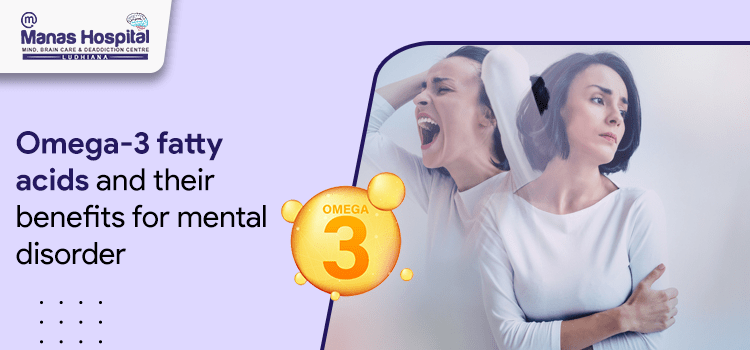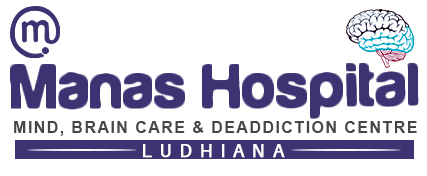
How does omega-3 fatty acid help patients with mental disorders?
You can find omega-3 fatty acids in fish oil and search in Marine Algae. In fact, people diagnosed with depression, less and those nations where they eat large amounts of fish. Scientists have also researched whether fish oils help prevent or treat depression and other Mood disorders. According to the Psychiatrists in Ludhiana, two omega-3 fatty acids- eicosapentaenoic acid (EPA) and docosahexaenoic acid (DHA) have the most potential to benefit those patients who are suffering from Mood disorders.
How do omega three fatty acids improve depression?
There are many different mechanisms that the DeAddiction Centre In Ludhiana has proposed. Let us take an example- Omega 3 Capsules are known for traveling through the brain and cell membrane and connecting with the mood-related molecules inside the brain. Besides that, they also have anti-inflammatory actions that might help you get relief from depression.
The professional has done a lot of tests with different omega-3 preparation, and those patients who have depression, those studies have concluded that omega-3 has worked a lot for those patients who included omega-3 India therapy. There are also some more studies that examined omega-3 treatment alone with no other prescribed anti-depression medicines. Most clinical trials generally use EPA doses from 0.5 to 1 g per day to 6 to 10 g per day. To give you a better understanding, 1 g per day is equal to eating three Salmons per Week?
Uses of omega-3 and other mental health disorders
The experts have studied omega-3 in various mood disorders, such as postpartum depression. They have found some promising results. Two. In fact, bipolar disorder is also known as manic depression. The use of omega-3 is very effective for the depressed phase rather than the manic phase of the illness. Also, proposed that omega-3 alleviates or maintains other psychiatric conditions such as borderline Personality disorder, schizophrenia, attention deficit disorder, and obsessive-compulsive disorder.
What dose of omega-3 is beneficial?
The doses for depression can range from less than 1 g per day to 10 g per day. However, in most cases, the doctor has suggested using doses between one and 2 g per day. In our hospital, we recommend 1 to 2 g per day of EPA +DHA combination with at least 60% of EPA for most depression issues. We are more cautious, but for patients with bipolar depression, as omega-3 might bring on Mania, it is possible with another antidepressant. It is likely another antidepressant too. If it is only a case of depression, we highly recommend you use omega-3 very cautiously and preferably with the combination of your prescribed mood stabilizer.
What is the bottom line of omega-3 fatty acids and mental disorders?
According to the experts, omega three fatty acids or promising natural treatments for mood disorders. However, there is a need for more research about how effective they are and how they work. We should also gather more information on long-term safety before we make conclusive recommendations for people trying to manage mental health conditions.






